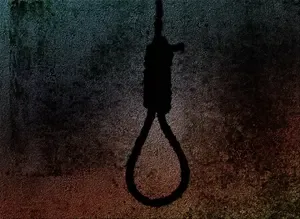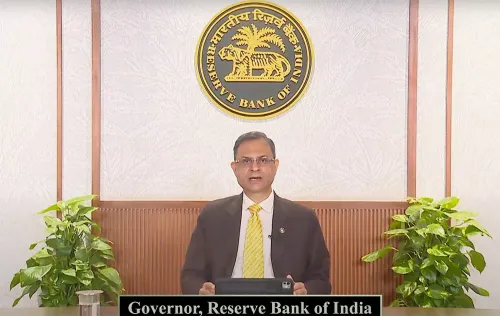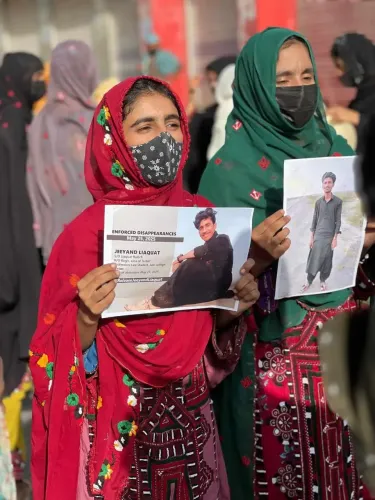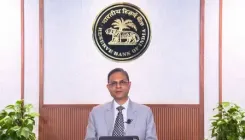Why is the Supreme Court questioning the Centre’s reluctance to adopt lethal injection over hanging?

Synopsis
Key Takeaways
- The Supreme Court is questioning the government's reluctance to consider lethal injection.
- The current hanging method is deemed inhumane and painful.
- The court is exploring alternatives that align with human dignity.
- A committee may be formed to examine less painful execution methods.
- The next hearing is set for November 11.
New Delhi, Oct 15 (NationPress) The Supreme Court has raised concerns regarding the Central government's hesitance to consider lethal injection as a substitute for hanging in the execution of death sentences, noting that it remains resistant to change even as society evolves.
A bench comprising Justice Vikram Nath and Justice Sandeep Mehta made these remarks while hearing a public interest litigation (PIL) submitted by advocate Rishi Malhotra, advocating for the replacement of hanging with alternatives like lethal injection, electrocution, shooting, or gas chambers—methods that could lead to death in mere minutes.
The plea asserted that the current execution method in India—hanging by the neck until dead—is inhumane, painful, and cruel.
Justice Vikram Nath highlighted, “The issue is that the government is unwilling to adapt. This is a very outdated method—times have transformed.” This statement followed the Centre’s affidavit, which claimed that offering convicts a choice between hanging and lethal injection might not be practical.
The Union government, in its affidavit, mentioned that the matter involves a policy decision and expressed its disinterest in modifying the existing execution method.
Following the hearings, the Supreme Court has scheduled further discussions on November 11.
The PIL seeks to declare Section 354(5) of the Code of Criminal Procedure (CrPC)—which mandates hanging by the neck until death—as unconstitutional and urges the apex court to recognize a right to a dignified death as part of Article 21 (right to life) of the Constitution.
The petitioner contended that death by hanging can take up to 40 minutes, while lethal injection or shooting results in death within five minutes, thus causing significantly less suffering.
In March 2023, the Supreme Court indicated its openness to establishing a panel of experts to investigate whether there are less painful and more dignified methods of execution than hanging.
During that session, Attorney General R. Venkataramani informed a bench led by then Chief Justice of India (CJI) D.Y. Chandrachud that the government was considering forming such a committee and was in the process of finalizing its members.
At that hearing, the apex court questioned whether scientific and technological advancements could facilitate a transition to methods that align more closely with human dignity and social acceptance.
“Do we possess any data, either domestically or internationally, regarding the circumstances surrounding the execution of death sentences through alternative methods?” it inquired.
The Supreme Court, in October 2017, had issued a notice to the Centre, acknowledging the petitioner’s argument that convicts facing execution should not be subjected to the pain of hanging.









